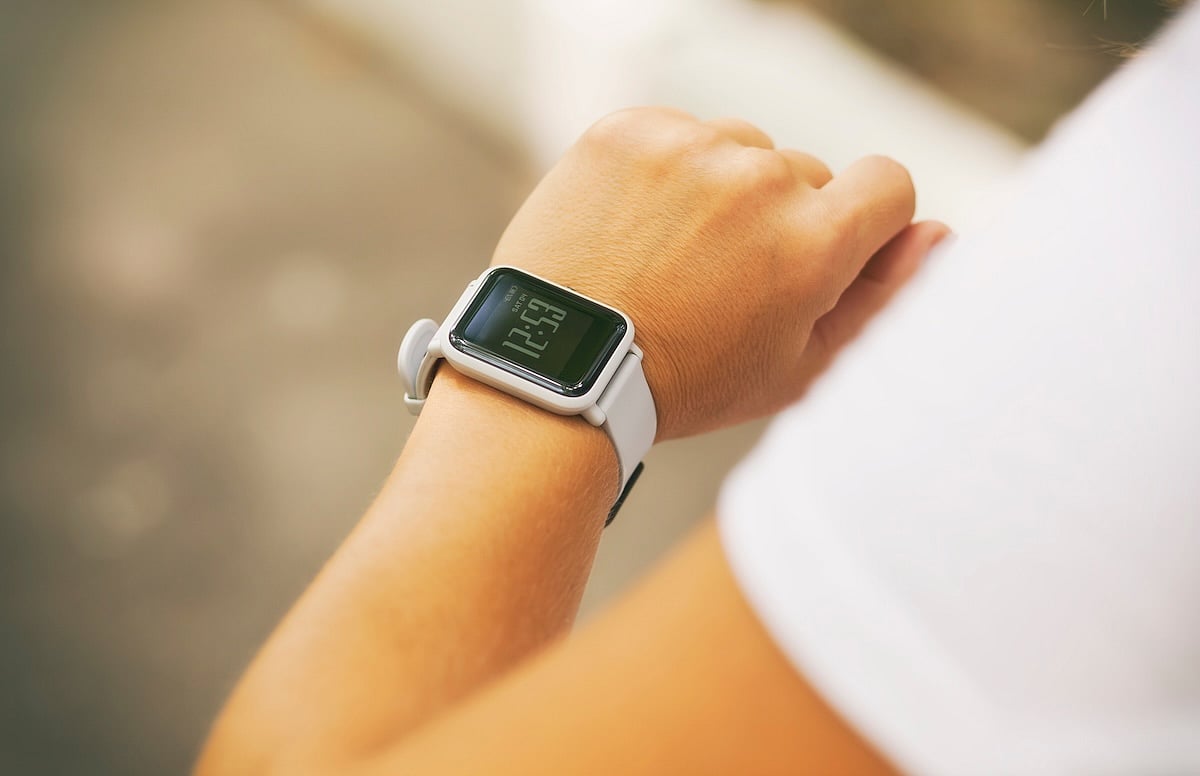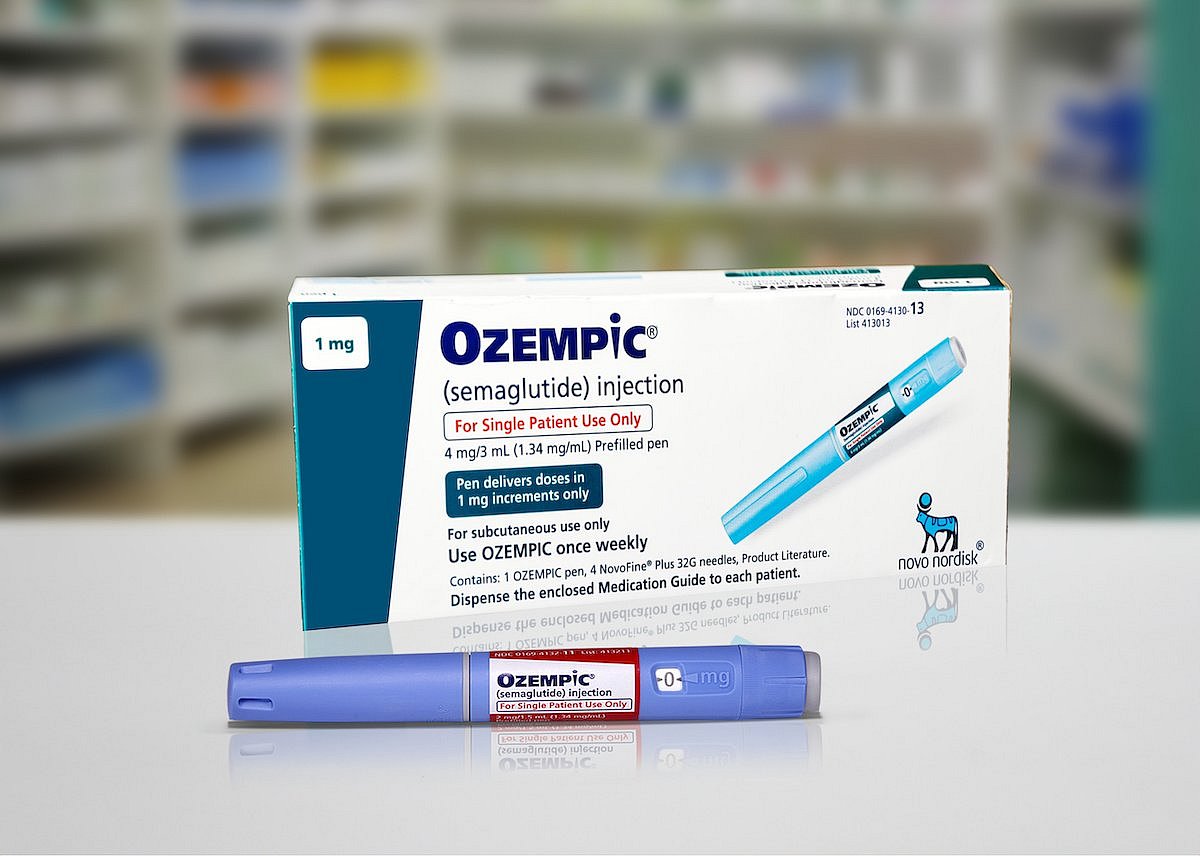Patient Resources
Get Healthy!
Results for search "Diabetes: Misc.".
Health Videos - 19
Diabetes During Pregnancy Linked to Higher Epilepsy Risk in Children
A new study finds children exposed to type 1, type 2 or gestational diabetes in the womb have a slightly increased risk of developing epilepsy.
From Kitchen to Clinic: How Culinary Medicine Is Changing Health Care
HealthDay takes you on a tour of the Yale Teaching Kitchen, where patients with diabetes, heart disease, obesity and more learn to cook for life.
Study: Chronic Illness Raises Risk of Botox Side Effects
UK researchers report higher complication rates from cosmetic Botox injections among patients with chronic conditions like type 1 diabetes and thyroid disease.
Study: Statins May Offer Lifesaving Benefits for All Patients With Type 2 Diabetes
In a large new study, statins significantly lowered the risk of death and major heart events in people with type 2 diabetes — regardless of their heart risk level.
GLP-1 Medications May Ease CPAP Dependence in Sleep Apnea
A new study suggests GLP-1 medications may reduce the need for CPAP machines in people with obesity, diabetes and sleep apnea.
GLP-1 Medications Linked to Higher Rates of Chronic Cough
A new study finds people taking GLP-1 drugs are up to 29% more likely to develop a chronic cough – even if they aren’t diagnosed with acid reflux.
Hearing Loss a Major Concern in Type 2 Diabetes
A new study finds people with type 2 diabetes are four times more likely to develop significant hearing loss over time.
90% of Americans at Risk for Newly Defined Health Condition Called CMK Syndrome
CMK syndrome links heart, kidney and metabolic risk factors and the American Heart Association says it’s extremely common in U.S. adults.
Marijuana Use May Spike Type 2 Diabetes Risk
A new study finds pot users are nearly 4 times more likely to develop type 2 diabetes compared to the general public.
Is Diabetes Becoming a Silent Epidemic?
A new study finds nearly half of people ages 15 and older have diabetes and don’t know it.
The Truth About Potatoes and Diabetes Risk
A new study finds eating too many French fries ups the odds of type 2 diabetes but swapping them for whole grains offers protection from the common blood sugar condition.
‘Forever Chemicals’ Linked to Higher Risk of Type 2 Diabetes
A new study finds exposure to PFAS may disrupt the body’s metabolism -- increasing the risk for type 2 diabetes.
Prolonged Use of GLP-1 Receptor Agonists May Increase the Risk for a Serious Eye Condition
People with diabetes who use GLP-1 receptor agonists like semaglutide are more likely to develop neovascular age-related macular degeneration, a new study finds.
GLP-1 Weight Loss Drugs May Lower the Risk for 14 Obesity-Related Cancers
A new study finds women taking GLP-1 Receptor agonists were significantly less likely to develop obesity-related cancers.
Men Are More Likely Than Women to Get Three Common Diseases, New Study Finds
In many countries, men are at greater risk of being diagnosed with high blood pressure, diabetes and HIV or AIDS, a new global study finds.
Ultra-Processed Foods Linked to Premature, Preventable Deaths
A new study finds the more ultra-processed foods you eat, the higher your risk of dying prematurely from all causes.
Common Sugar Substitute May Actually Increase Your Appetite
A new study finds sucralose, the primary sweetener in Splenda, changes brain activity related to hunger. Researchers say the results could be stronger cravings.
How Many Americans Reach the Age of 70 with Healthy Bodies and Brains?
What you eat greatly impacts your chances of healthy aging. In a new study, just over 9% of U.S. adults made it to the age of 70 free of physical, mental and cognitive impairments, and their diet had a lot to do with it, according to researchers.
Are Continuous Glucose Monitors Giving Inaccurate Info to Health-Conscious Adults?
A new study finds healthy adults using CGMs are getting info that could lead to harmful dietary choices.
Health News Results - 242
Love Sweet Iced Coffee? Thailand Wants You To Drink It With Less Sugar
- I. Edwards HealthDay Reporter
- February 16, 2026
- Full Page
Thailand is taking aim at sugary drinks as health officials warn that too much sugar is fueling rising rates of obesity and diabetes.
Earlier this week, nine major coffee chains across the S...
Physical Inactivity Drives Diabetes Complications, Study Finds
- Dennis Thompson HealthDay Reporter
- February 13, 2026
- Full Page
A lack of exercise drives a good portion of the health problems faced by people with type 2 diabetes, a new study says.
New Coffee Chemicals Show Promise for Managing Type 2 Diabetes
- I. Edwards HealthDay Reporter
- January 19, 2026
- Full Page
Coffee may do more than boost energy.
New research suggests that certain compounds found in roasted coffee beans could help slow how quickly sugar enters the bloodstream, a finding that could one day support new foods aimed at managing
Early Menopause Not Linked To Higher Diabetes Risk, Study Finds
- Dennis Thompson HealthDay Reporter
- January 14, 2026
- Full Page
Early menopause has been linked to a number of health problems, including heart disease, stroke and loss of bone density.
But there doesn’t ...
Understanding Childhood Obesity: Causes, Treatments and How to Reduce Stigma
- Shagun Bindlish, MD, FACP, FOMA, DABOM, DACLM HealthDay Reporter
- December 30, 2025
- Full Page
While childhood obesity has become more common in recent years, this is a condition that is about more than just weight.
Childhood obesity reflects our modern environment of ultra-processed foods, digital devices and psychological stressors.
To address childhood ...
Texture Scan Of Retina Might Reveal Silent Vision Loss Among Diabetics
- Dennis Thompson HealthDay Reporter
- December 17, 2025
- Full Page
Eye scans could soon be able to predict if a person with diabetes is at risk of losing their vision, thanks to results of a new lab rat study.
Early changes in the texture of the retina appe...
Home-Delivered Food Boxes Improve Diabetes Control, Experts Say
- Dennis Thompson HealthDay Reporter
- December 15, 2025
- Full Page
Folks with diabetes might fare better if health care professionals pick out and deliver their groceries, a new study says.
Folks with diabetes who received home deliveries of diabetes-approp...
People With Diabetes Face Dramatically Higher Odds Of Sudden Cardiac Death
- Dennis Thompson HealthDay Reporter
- December 4, 2025
- Full Page
THURSDAY, Dec. 4, 2025 (HealthDay News) — Diabetes can be literally heart-stopping, a new study asserts.
People with either type 1 or type 2 diabetes have a dramaticall...
Heat Waves Can Be Deadly for Seniors With Diabetes, Heart Disease
- Ernie Mundell HealthDay Reporter
- November 26, 2025
- Full Page
Heatwaves are increasing with climate change, and that could mean more deaths among older people with diabetes or heart disease, new research shows.
The study of U.S. veterans living in California found the largely male cohort vulnerable, especially if they were homeless...
Your Butt's Shape Might Predict Frailty, Diabetes Risk
- Ernie Mundell HealthDay Reporter
- November 25, 2025
- Full Page
Researchers are standing behind new data on how people’s posteriors reflect changes linked to aging and diabetes.
Shrinkage or inflammation of the gluteus maximus muscles of the buttocks may reflect frailty, sitting time, fat deposition and
A Root Canal's Hidden Beneficiary: The Heart
- Ernie Mundell HealthDay Reporter
- November 24, 2025
- Full Page
Nobody wants a root canal, but if you must get one there’s possible benefit for your heart.
Researchers in Britain found that a successful root canal appears to lower inflammation linked to
Eating Disorders Impact Health For Years, Researchers Find
- Dennis Thompson HealthDay Reporter
- November 19, 2025
- Full Page
Eating disorders can harm a person’s physical and mental health in ways that linger for years, a new study reports.
Anorexia, bulimia, binge eating and other such disorders bring with them a high risk of health problems like
Trump Administration Expands Visa Denials to Include Common Chronic Illnesses
- I. Edwards HealthDay Reporter
- November 14, 2025
- Full Page
The Trump administration has directed U.S. visa officers to consider chronic health conditions such as obesity, heart disease, diabetes, cancer and mental health disorders when deciding whether to approve a foreigner’s entry into the country.
The directive was shar...
Daily Walks Potentially Sabotaged By Diabetes Drug, Study Says
- Dennis Thompson HealthDay Reporter
- November 12, 2025
- Full Page
A common diabetes drug could be sabotaging the health benefits that a patient might expect from a daily walk, a new study says.
Metformin a...
Spinal Cord Injuries Put People At Risk For Chronic Health Problems
- Dennis Thompson HealthDay Reporter
- November 6, 2025
- Full Page
A spinal cord injury might be only the beginning of a person’s health woes, according to a new study.
People who’ve suffered spinal cord injuries are more likely to develop an array of chronic health problems, researchers reported Nov. 4 in
California To Launch Insulin for Just $11 a Pen
- I. Edwards HealthDay Reporter
- October 20, 2025
- Full Page
California will start selling low-cost insulin Jan. 1, nearly three years after Gov. Gavin Newsom announced a plan to make lifesaving medications more affordable for folks with
New Diagnosis Code For Patients with Type 2 Diabetes in Remission
- Deanna Neff HealthDay Reporter
- October 15, 2025
- Full Page
Use lifestyle interventions to show no signs of type 2 diabetes for at least three months? There’s a code for that: E11.A.
Starting Oct. 1, 2025, a new diagnosis code was added to the detailed list of codes used by health care providers: the remission of
Immigrants' Heart Health Advantage Fades While Living In The U.S., Study Says
- Dennis Thompson HealthDay Reporter
- October 3, 2025
- Full Page
Immigrants come to the United States hale and healthy, but that doesn’t last long, a new study says.
Immigrants’ heart disease risk increases the longer they live in the U.S., according to research scheduled for presentation today at an American College of Ca...
Three Health Conditions Raise Death Risk For Fatty Liver Disease
- Dennis Thompson HealthDay Reporter
- September 19, 2025
- Full Page
People with fatty liver disease are more likely to die early if they have one of three additional health problems, a new study says.
High blood pressure, diabetes and ...
Smoking Increases Risk Of Type 2 Diabetes
- Dennis Thompson HealthDay Reporter
- September 15, 2025
- Full Page
Smokers have a higher risk of developing type 2 diabetes, especially if they are genetically predisposed to the condition, a new study says.
People who ever smoked at all have an e...
Nearly Half Of People With Diabetes Unaware Of Their Illness
- Dennis Thompson HealthDay Reporter
- September 10, 2025
- Full Page
Nearly half of people with diabetes around the world are unaware of their condition, according to a new study.
Globally, an estimated 44% of people 15 and older with diabetes didn’t kn...
Could Diabetes Drug Metformin Change Metal Levels in Your Blood?
- Dennis Thompson HealthDay Reporter
- September 3, 2025
- Full Page
The diabetes drug metformin has been a mystery for more than six decades.
The most prescribed diabetes med in the world, metformin is very ...
Plant-Based Diet Protects Against Multiple Chronic Illnesses
- Dennis Thompson HealthDay Reporter
- August 29, 2025
- Full Page
Shifting to a plant-based diet can help keep people from being plagued by multiple health problems as they age, a new study says.
People whose diets included more veggies, fr...
Breath Test For Diabetes Under Development
- Dennis Thompson HealthDay Reporter
- August 27, 2025
- Full Page
Detecting diabetes might soon be as easy as breathing into a device, a new study says.
An experimental breath test sorted out type 2 diabetes patients from healthy people, based on...
Mediterranean Diet Can Protect Against Type 2 Diabetes
- Dennis Thompson HealthDay Reporter
- August 26, 2025
- Full Page
A Mediterranean-style diet can significantly decrease risk of type 2 diabetes in people who are overweight or obese, a new study says.
People had 31% lower odds of diabetes if the...
2 In 3 Women Have A Lifestyle Risk Factor For Birth Defects
- Dennis Thompson HealthDay Reporter
- August 26, 2025
- Full Page
Two-thirds of women in their child-bearing years have an increased risk for birth defects due to a lifestyle factor they can change, a new study says.
These risk factors — low levels of vitamin B9 (folate), unmanaged diabetes or exposure to tobacco smoke — in...
Advanced Tech Making Type 1 Diabetes More Manageable
- Dennis Thompson HealthDay Reporter
- August 14, 2025
- Full Page
Advanced technology has boosted the ability of children and adults to manage their type 1 diabetes, a new study says.
The number of kids under 18 who’ve achieved optimal cont...
PFAS 'Forever Chemicals' Linked To Type 2 Diabetes
- HealthDay Reporter
- Dennis Thompson
- July 23, 2025
- Full Page
So-called “forever chemicals” could be increasing Americans’ risk of developing type 2 diabetes, a new study says.
Higher blood levels of per- and polyfluoroalkyl...
'Weekend Warrior' Workouts Reduce Diabetics' Risk Of Death
- HealthDay Reporter
- Dennis Thompson
- July 23, 2025
- Full Page
A “weekend warrior” exercise schedule can lower diabetics’ risk of early death, a new study says.
People with diabetes who get all their recommended weekly exercise in one ...
Diabetic Women Should Be Asked About Desire For Kids At Every Doctor's Visit, Guidelines Say
- HealthDay Reporter
- Dennis Thompson
- July 18, 2025
- Full Page
Doctors should ask diabetic women at every visit about their intention to have a child, to make sure they get the appropriate care prior to conception, new guidelines say.
This will help avo...
Poor Oral Health Potentially Linked To Chronic Health Problems
- HealthDay Reporter
- Dennis Thompson
- July 18, 2025
- Full Page
Poor dental health could be a harbinger of chronic illnesses like type 2 diabetes and heart disease, a new study warns.
People with missing teeth, coated tongues and other sig...
About 1 in 3 U.S. Teens Now Have Prediabetes, New CDC Data Shows
- HealthDay Reporter
- I. Edwards
- July 11, 2025
- Full Page
A new government estimate shows that nearly 1 in 3 U.S. teens have prediabetes, putting them at risk for
Barbie's Latest Look? It Includes an Insulin Pump and Glucose Monitor
- HealthDay Reporter
- I. Edwards
- July 9, 2025
- Full Page
Barbie’s latest look includes a polka-dot crop top, chunky heels — and an insulin pump.
Mattel has released its first-ever Barbie with
Stem Cell Treatment May Free Some With Type 1 Diabetes From Insulin
- HealthDay Reporter
- I. Edwards
- June 24, 2025
- Full Page
A single infusion of a new stem cell-based treatment may have helped 10 out of 12 people with severe type 1 diabetes stop using insulin, researchers report.
The treatment, called z...
Trading Diet Sodas For Water Can Help Control Diabetes And Lose Weight
- HealthDay Reporter
- Dennis Thompson
- June 23, 2025
- Full Page
Want to lose weight and reverse type 2 diabetes?
Trade your diet soda for a tall glass of water, a new small-scale study argues.
HIV Drug Potentially Effective Against Diabetic Eye Disease
- HealthDay Reporter
- Dennis Thompson
- June 20, 2025
- Full Page
A cheap HIV drug might be able to help people with diabetes reverse a complication that can lead to blindness, a new small-scale study says.
The drug, lamivudine, appears to improve vision that’s being threate...
Dementia Tied To Heart, Metabolic Diseases
- HealthDay Reporter
- Dennis Thompson
- May 29, 2025
- Full Page
Heart disease, strokes and diabetes contribute to many dementia cases in the United States, but the risk is not equal everywhere, a new study says.
Overal...
Preschool BMI Can Predict Childhood Obesity Risk
- HealthDay Reporter
- Dennis Thompson
- May 28, 2025
- Full Page
Preschoolers who don’t naturally lose weight are more likely to develop full-fledged childhood obesity by age 9, a new study says.
Most kids tend to see their body-mass index (BMI) decline between ages 1 and 6, before starting to slowly gain weight as they grow, re...
Weight-Loss Drugs May Lower Risk Of Obesity-Related Cancers
- HealthDay Reporter
- Dennis Thompson
- May 28, 2025
- Full Page
Popular GLP-1 weight loss drugs like Ozempic and Zepbound can help reduce a woman’s risk for as many as 14 cancers associated wi...
Battling Multiple Chronic Illnesses Can Double Risk Of Depression
- HealthDay Reporter
- Dennis Thompson
- May 21, 2025
- Full Page
Battling chronic disease really takes it out of a person, leaving them vulnerable to depression.
And people with multiple long-term health problems are even more likely to fall prey to depress...
Novo Nordisk, U.S. Biotech Company Team Up to Create Obesity Pills
- HealthDay Reporter
- I. Edwards
- May 16, 2025
- Full Page
Danish drugmaker Novo Nordisk is teaming up with California-based biotech Septerna to develop new pills to treat obesity, type 2 diabetes and o...
Childhood High Blood Sugar Can Cause Heart Problems In Young Adults
- HealthDay Reporter
- Dennis Thompson
- May 7, 2025
- Full Page
Persistently high blood sugar among teenagers can lead to heart disease by young adulthood, a new study says.
Teenagers had up to three times the risk of developing a heart condition called ...
Common Diabetes Drug Effective Against Knee Arthritis Pain
- HealthDay Reporter
- Dennis Thompson
- May 2, 2025
- Full Page
A common diabetes drug can be repurposed to help overweight and obese people with knee arthritis, a new study says.
Metformin reduced knee arthritis pain during a six-month treatment period,...
Pregnancy Complications Affect Future Heart Health
- HealthDay Reporter
- Dennis Thompson
- April 18, 2025
- Full Page
Complications during pregnancy can mean a woman’s future heart health is at risk, particularly if she is overweight or obese, a new study says.
Women who are carrying excess weight prior to pregnancy are more likely to develop complications like
Microplastics Linked To High Blood Pressure, Diabetes, Stroke
- HealthDay Reporter
- Dennis Thompson
- April 1, 2025
- Full Page
Microplastics appear to be contributing to chronic diseases in shoreline areas of the United States, a new study suggests.
Smartwatches Can Help People Control Diabetes Through Exercise
- HealthDay Reporter
- Dennis Thompson
- March 31, 2025
- Full Page
Wearing a smartwatch might do more than track steps (or your texts) -- it could be a powerful tool for helping people with type 2 diabetes stay active, a new study says.
Participan...
Study Finds Better Way For Smartwatches to Track Health
- HealthDay Reporter
- Dennis Thompson
- March 24, 2025
- Full Page
Folks frequently use their smartwatches to monitor their daily step count, aiming to get enough physical activity to improve their health.
But smartwatche...
Heart Disease, Diabetes, Obesity? A Plant-Based Diet Can Extend Your Life, Study Says
- HealthDay Reporter
- Dennis Thompson
- March 24, 2025
- Full Page
People dealing with heart disease, diabetes or obesity are behind the eight ball when it comes to their chances of living longer.
But they can improve their odds if they start following a healthy
Glucose Monitors Improve Traffic Safety For Diabetic Drivers
- HealthDay Reporter
- Dennis Thompson
- March 18, 2025
- Full Page
Continuous glucose monitors don’t just help people with diabetes maintain healthy blood sugar levels, a new study says -- the devices also can help them be safer drivers.
Diabetics who use glucose monitors have fewer incidents involving low blood sugar, researchers...
GLP-1 Drugs Improve Outlook For Kidney Transplants
- HealthDay Reporter
- Dennis Thompson
- March 6, 2025
- Full Page
GLP-1 drugs like Ozempic can help kidney transplant patients avoid organ failure and live longer, a new study suggests.





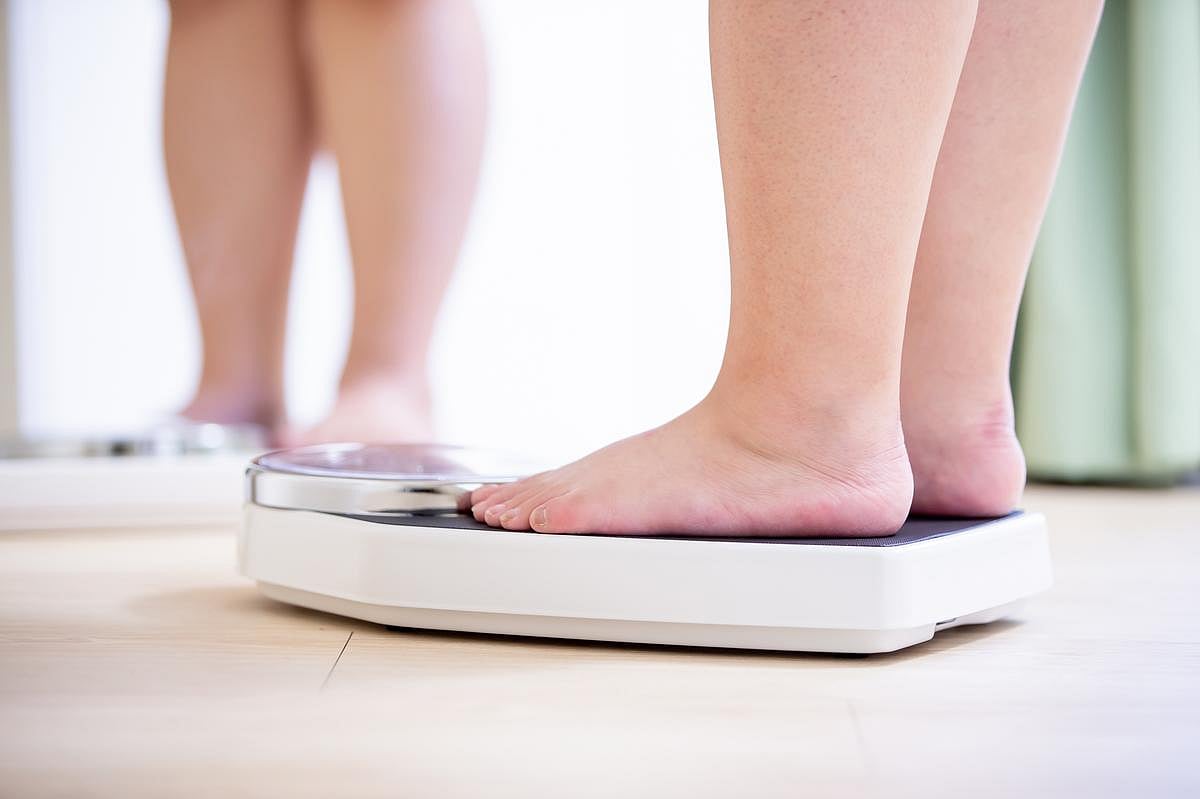
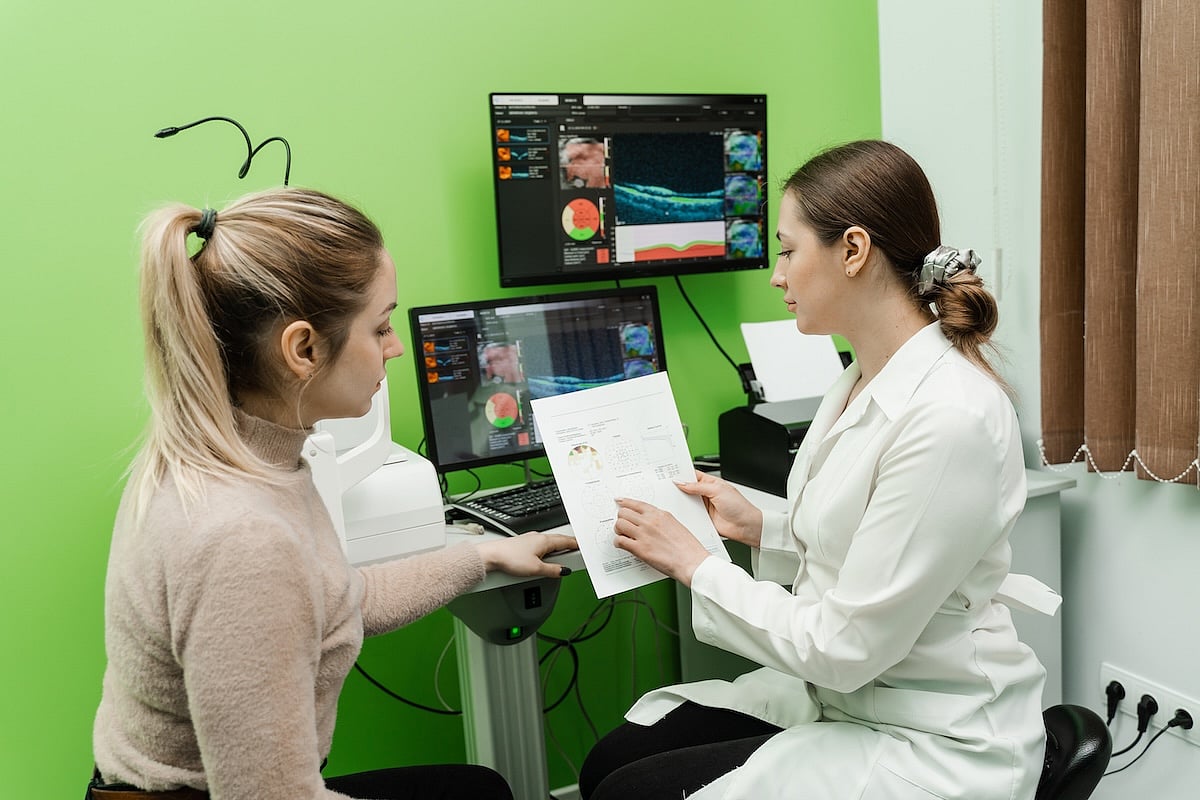










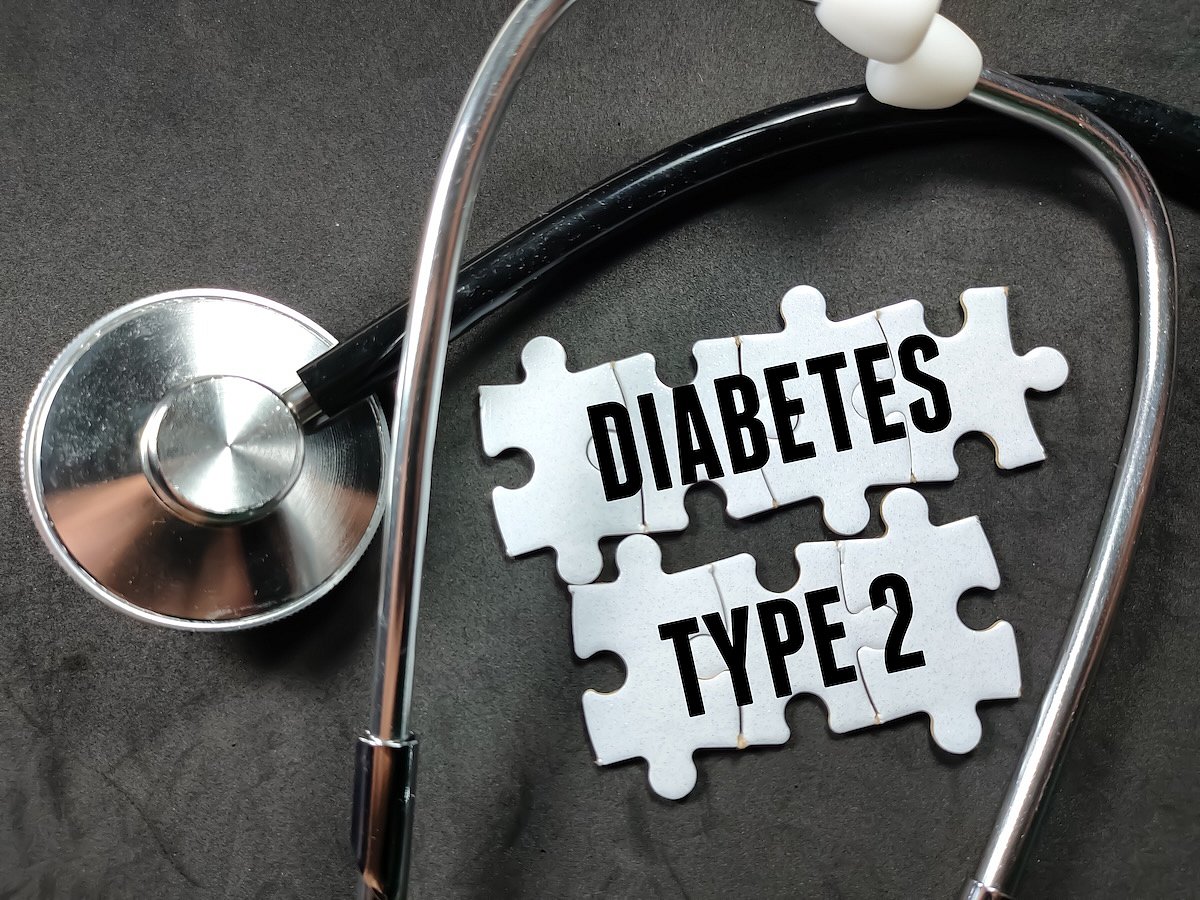



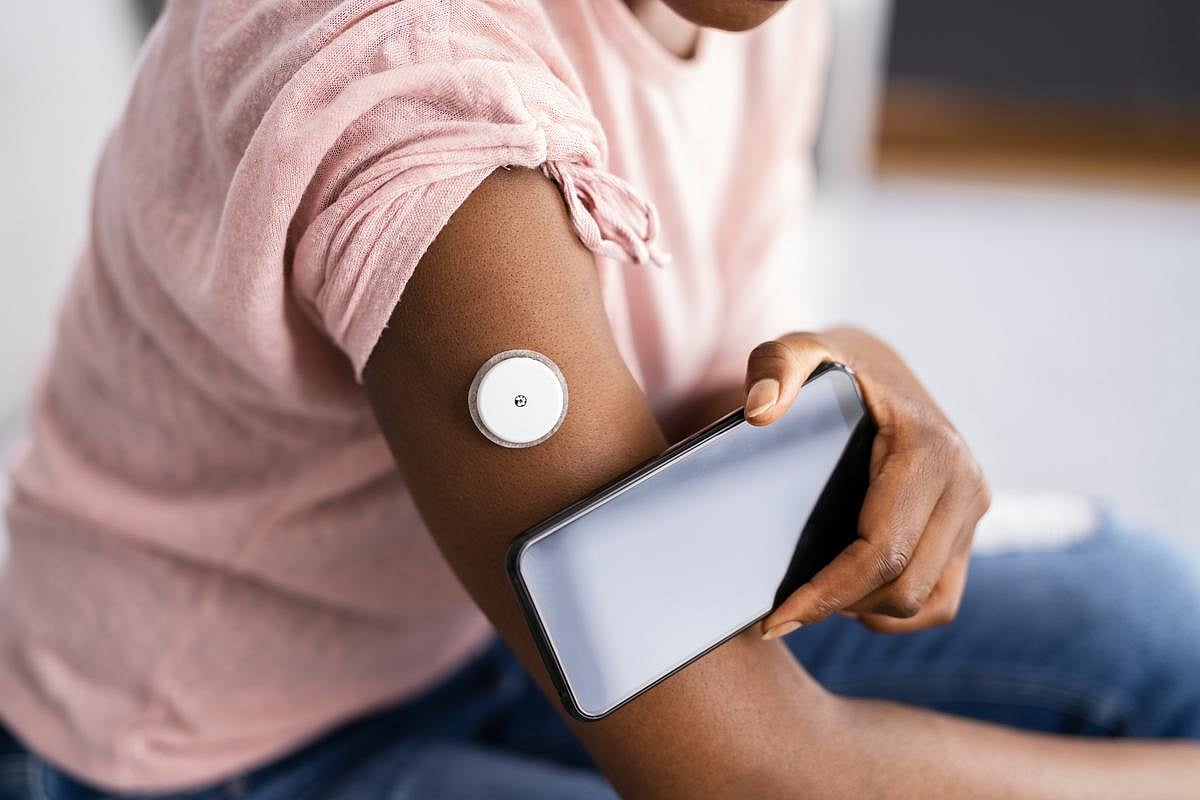
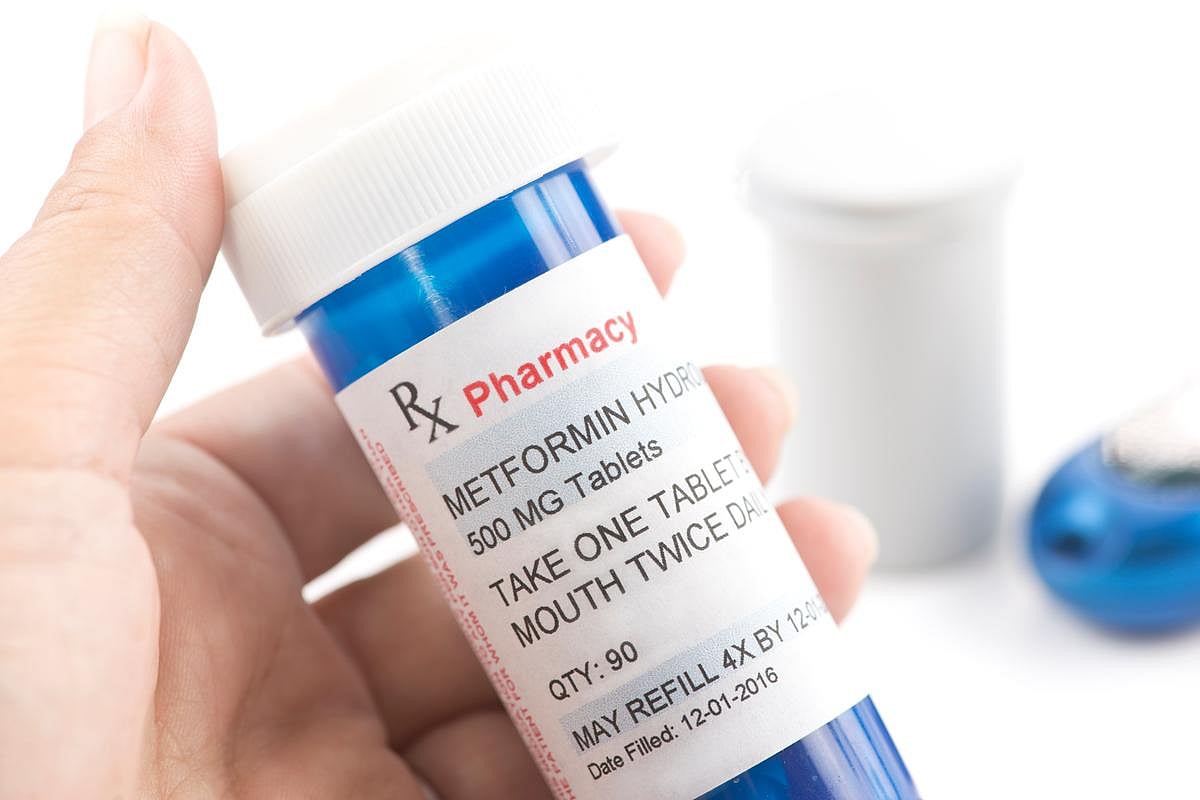






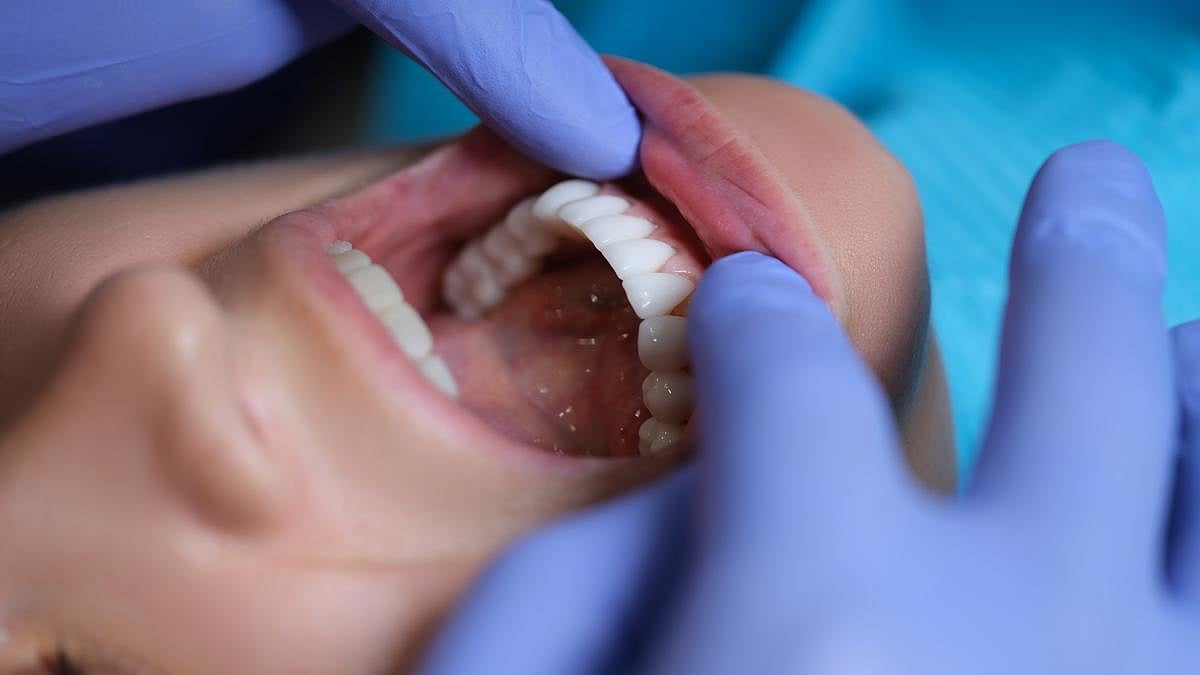


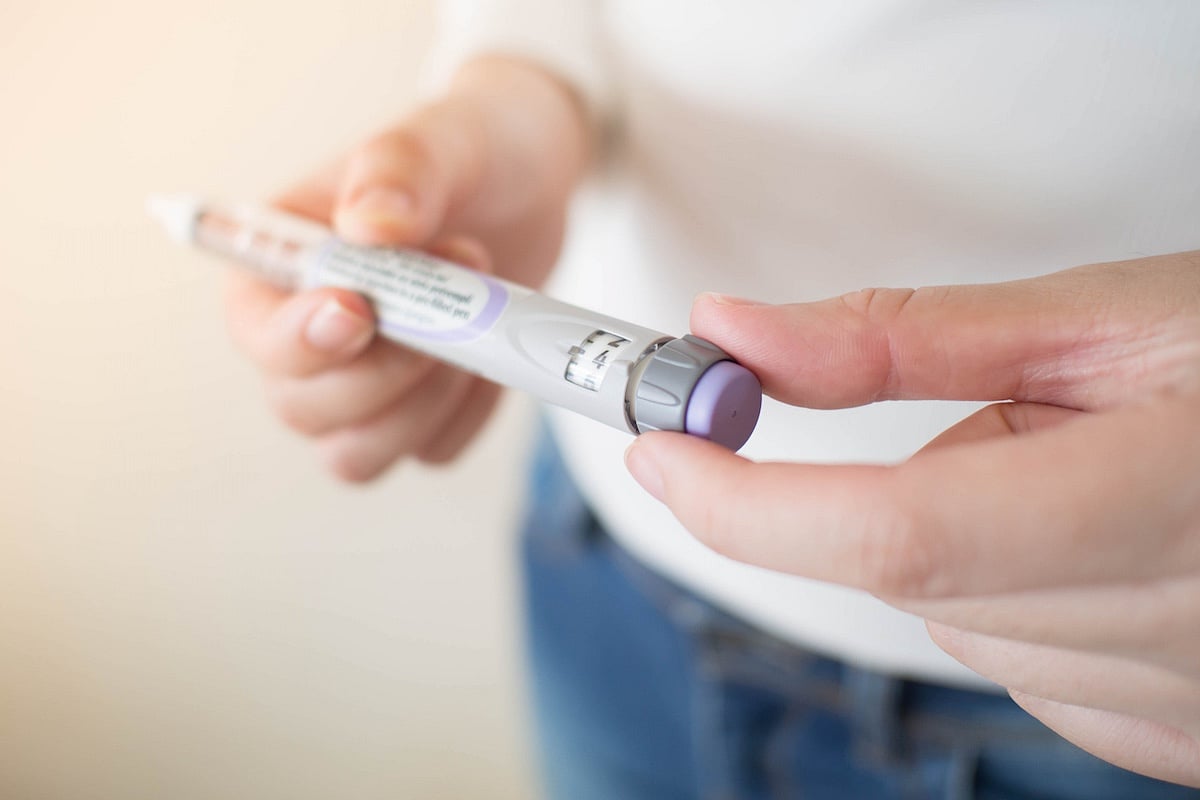









.jpg?w=1920&h=1080&mode=crop&crop=focalpoint)

